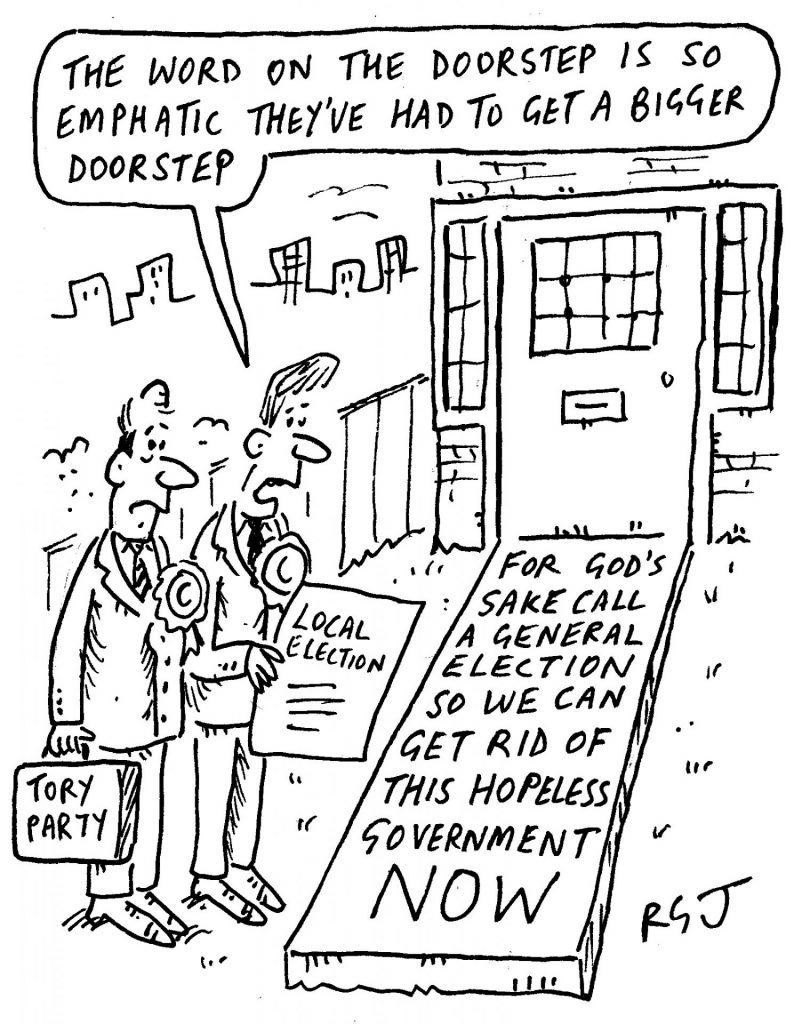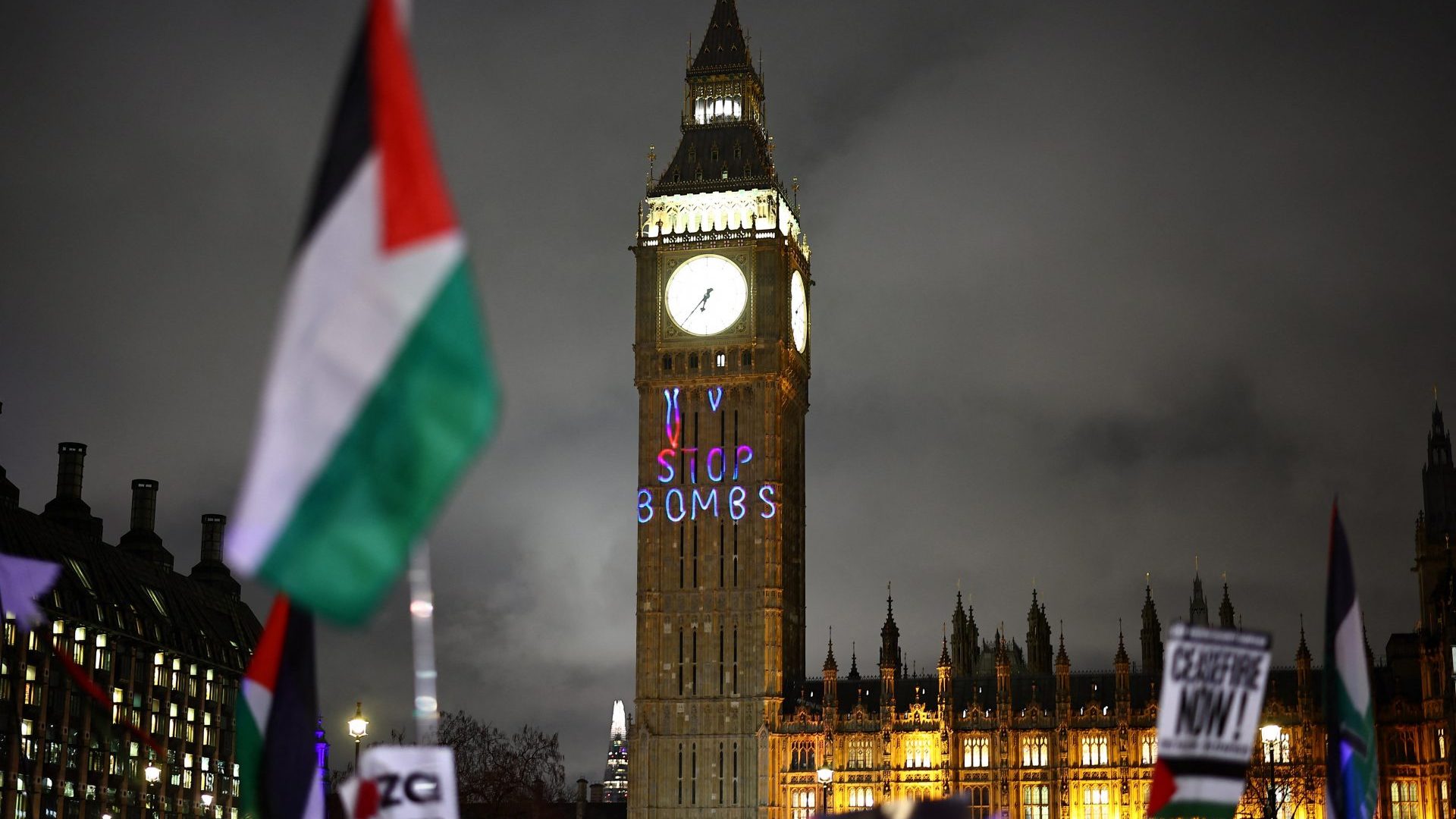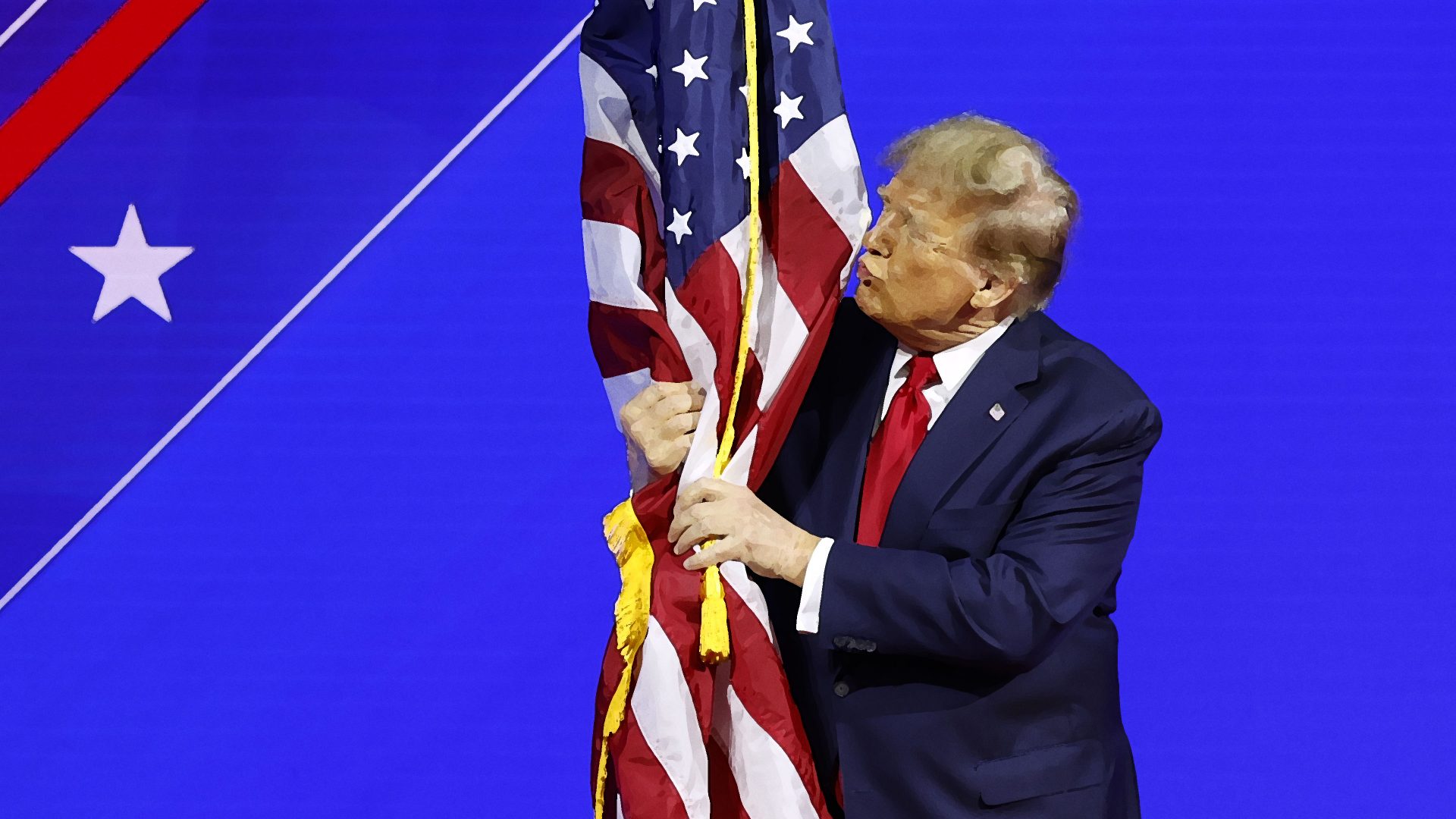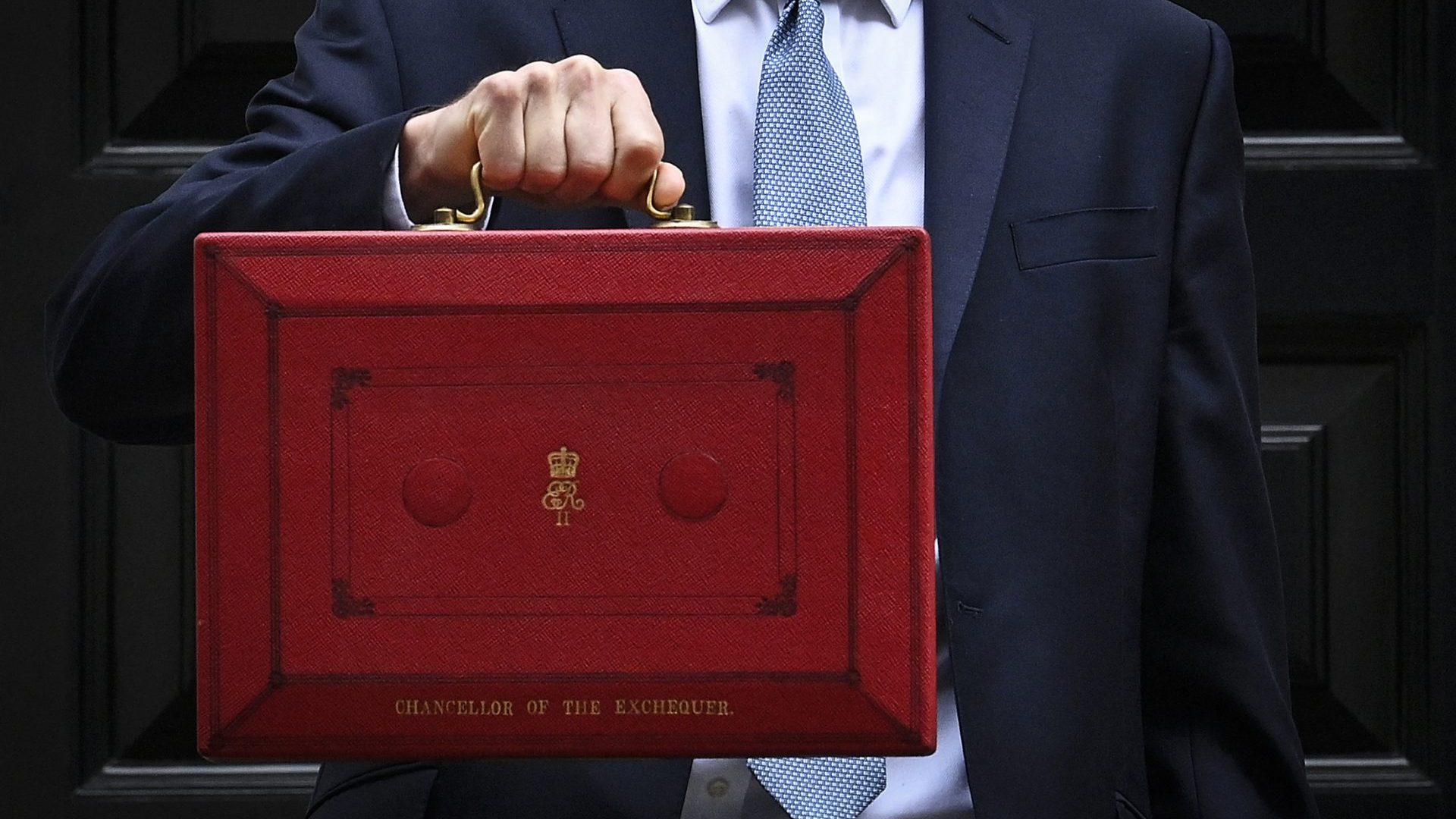The morning after the Commons descended into farce and fury over the burning question of which amendment to which motion should be taken, I was speaking to 40 Malaysian parliamentarians in a central London hotel.
They were all from Sarawak, the largest of the 13 states which make up modern Malaysia, and which, give or take a few years of Japanese occupation during the second world war, spent much of its pre-Malaysian history under British colonial rule. An element of the anti-woke culture wars (a phrase which underlines just how bereft the war-stokers are of a real political philosophy or governing strategy) is that we shouldn’t look too closely at the history of the British Empire, and instead merely celebrate it every now and then by singing Rule Britannia at the Last Night at the Proms.
But just take a look at this from Wikipedia: “The coastal regions of Sarawak came under the influence of the Bruneian Empire in the 16th century. In 1839, James Brooke, a British explorer, first arrived in Sarawak. Sarawak was later governed by the Brooke family between 1841 and 1946… After the war, the last White Rajah, Charles Vyner Brooke, ceded Sarawak to Britain, and in 1946 it became a British colony.” And so it remained until the autumn of 1963.
There is so much to unbundle in that short paragraph. But I don’t think it would be a terrible thing, contrary to the Michael Gove vision of history education as a reminder of how great we were, if children learned that there was a time when British explorers could pitch up in parts of Borneo and have their family just run the place for a century or so. The parliamentarians were remarkably forgiving, and in introducing me, the Sarawak Assembly Speaker, who goes by the wonderful name Tan Sri Datuk Amar Mohamad Asfia Awang Nassar, spoke very fondly of Britain, and made the very reasonable observation that most people in the world would rather live in democratic Britain than dictatorial China.
He went on to tell me how excited they all were to be visiting our parliament the next day, and seeing how things were done in this wonderful old institution. Given the absolute shambles of the previous day, in which an issue as serious as the Israel-Gaza war got lost in arcane parliamentary semantics, point scouting and game-playing, I left their company feeling that perhaps we had more to learn from them, than they had to learn from us.

That there has been a decline in the quality of modern politicians is a given, what with people recently becoming Tory prime minister (Trump-Putin’s useful idiots Johnson and Truss, for example) who would have struggled to get jobs as parliamentary under-secretaries of state under a Churchill or a Thatcher.
But one of the reasons for the decline is that fewer and fewer people want to go into politics, and we all have to take some responsibility for that. If we spend all our time saying they are all the same (not true), or all in it for themselves (not true), then abusing them endlessly on social media whenever they say or do something we disagree with, not to mention all the death threats they receive, we shouldn’t be surprised that people who might once have thought about going into politics decide not to bother. And so, the potential pool of talent thins out even more.
So I was thrilled to get a call from my nephew, Jamie Naish, with the three words: “I did it!” “It” was winning the selection contest to become Labour candidate in Ken Clarke’s old seat, the now winnable Rushcliffe. Anyone who came to the New European via the offer of a copy of But What Can I Do? as an incentive to subscribe may have heard the name before, because I wrote about him in there, not least on how he felt I had an over romantic view of the Labour Party, based on a very different experience from that of most ordinary members.
I have long hoped he would one day become an MP, because he always struck me as someone who was drawn to Labour politics for all the right reasons, which thus far he has put into practice in all sorts of ways, including as a council leader.
My mother hated it when I was in the political firing line the whole time and now my sister, Jamie’s mum, Liz, has a few concerns about what kind of world he is entering.
But even with all the modern-day nastiness, about which we have been hearing a lot recently, and which I do not underestimate for one second, there is still something wonderful about seeing someone decide to go into politics, and then doing it.
At the start of the selection contest, he was far from being favourite. And he decided not to tweet, not to post on Facebook, not to go into the media to set out his stall. Instead, he knocked on hundreds of doors and spoke to hundreds of members and won over enough of them to lead in every round of voting.
Journalist Michael Crick, who is doing a remarkable job tracking selection contests as “Tomorrow’s MPs” on social media, perhaps inevitably referred to him as “Alastair Campbell’s nephew”. But for all that I have always given him encouragement and moral support, Jamie won absolutely in his own way and on his own merits, and will now be taking that same grassroots approach to the far bigger electorate he has to win over. Tory MP Ruth Edwards has a majority of almost 8,000. But she definitely has a fight on her hands.
The paperback of the book is out, and I did an event to promote it in a packed church in Amersham, Buckinghamshire, with former Tory cabinet minister David Gauke as my interlocutor. In common with most of the audience, he seems to think there is a real possibility of a Labour landslide. (Only one of the 500 people present thought the Conservatives could win.) If he is right, then surely one of the reasons is that people like him, Rory Stewart, Anna Soubry, Dominic Grieve and even Ken Clarke were deemed by the modern Tory Party as unfit to be candidates, whereas the likes of Lee Anderson, Jonathan Gullis, Jacob Rees-Mogg, Suella Braverman and Andrea Jenkyns are.
I have tried really hard in recent times to cut back on my flying, with some success. But at the weekend I am heading to Australia for a series of book, speaking, mental health and political events, and so my carbon footprint will be higher than I would like. There is something about Australia that I really like. I have always enjoyed going there, and I am looking forward to seeing how the new Labour government under Anthony Albanese is getting on. I say “new”, though in fact the last election took place almost two years ago, and with their three-year parliamentary terms, a new government has to adapt very quickly to the fact that the next election is always just around the corner
I’m not convinced it makes for good politics, or good government, but it is still a great country, and after the dire weather here, I am sure you will share my satisfaction that come the weekend, I will be in Adelaide, with temperatures nudging 30 degrees, before heading to Sydney and Melbourne, two of my favourite cities anywhere in the world. Sorry, Greta.




